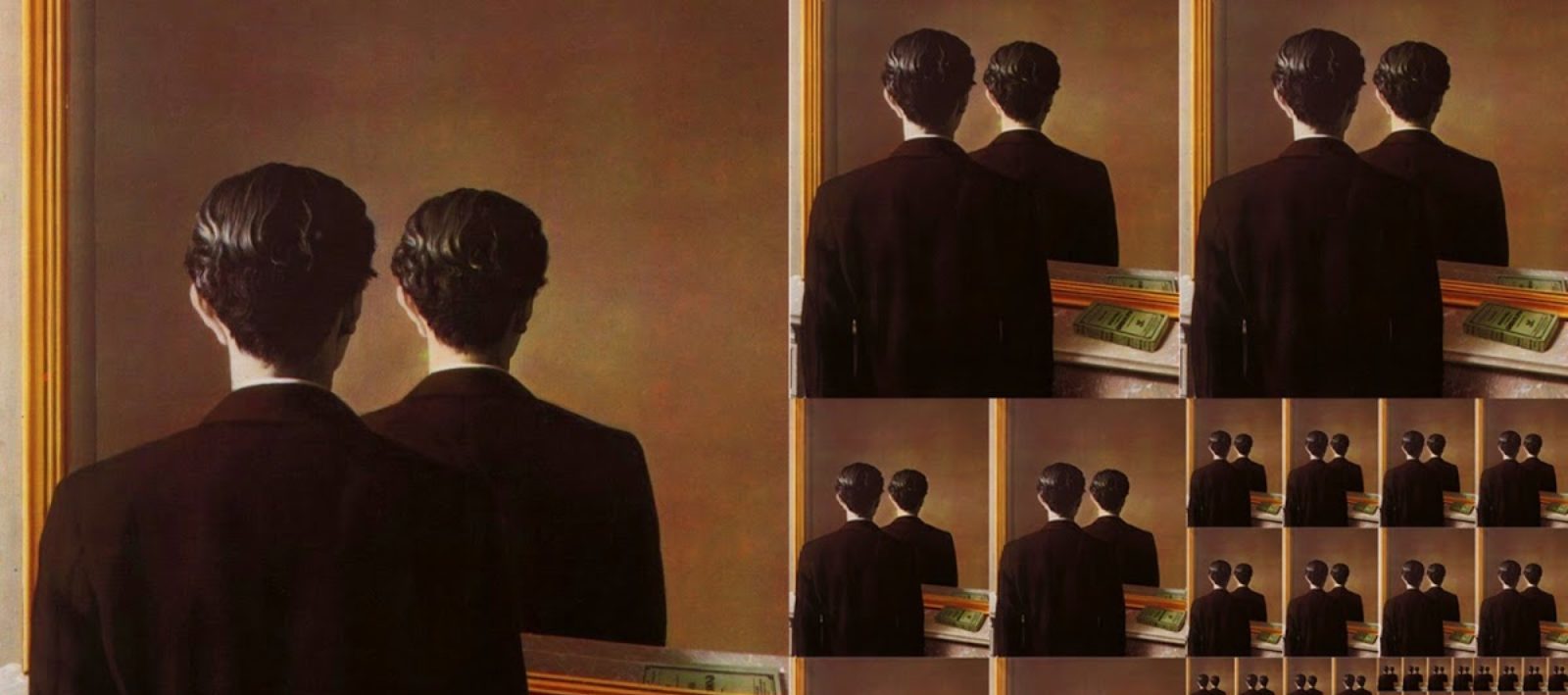Home
Replicability of research findings has been a hot topic in the social sciences and biomedicine in the past years. One of the pivotal moments that kicked it off into the mainstream was a large-scale replication study of psychological research conducted by the Open Science Collaboration, published in 2015 in Science. This put research in psychology in the center of the discussions – raising controversial questions about research designs, inferential statistics, publishing practices, and incentives within the academic system. The debate is often introduced by calls for a meta-science (“science about science”), philosophical reconstructions along the lines of some of the most influential philosophies of science of the 20th century (logical empiricism, falsificationism), and almost forgotten methodological criticisms, like those of Jacob Cohen and Paul Meehl, which are recovered and revealed as prophetic. What is often ignored is that epistemological and institutional functioning of science represents the core subject for whole communities of scholars whose perspectives have thus far remained underrepresented in the replication debates – namely historians and philosophers of science.
With this two-day workshop, we plan to rectify that by creating a space for critical discussion between, on the one hand, psychologists involved in the replication crisis, and on the other, the philosophers and historians who research psychology. The aim is to provide opportunity for useful cross-pollination between the researchers who are calling for more replication and the critical perspectives arising from modern scholarship in the history and philosophy of the science of psychology.
Organizers
Ivan Flis, Descartes Centre, Utrecht University
Thomas Sturm, Universitat Autònoma de Barcelona
Location
Boothstraat 7, 3512 BT, Utrecht, The Netherlands
Date
15-16 February 2018
Contact
i.flis [at] uu.nl

